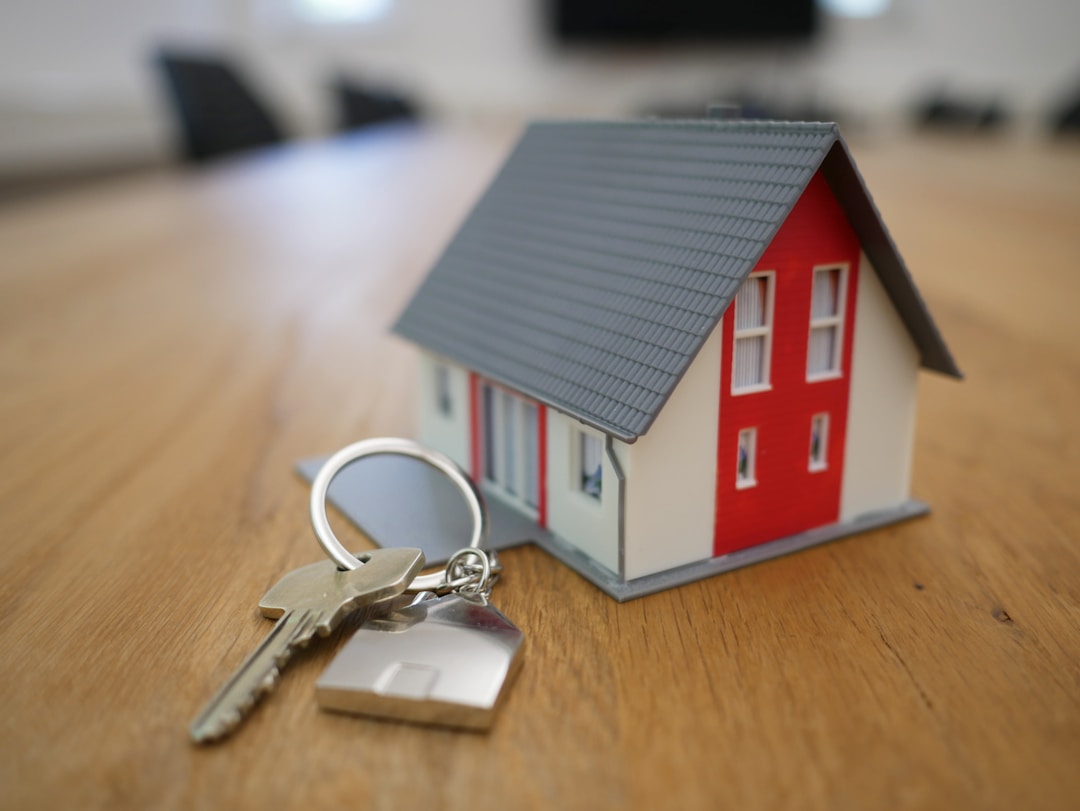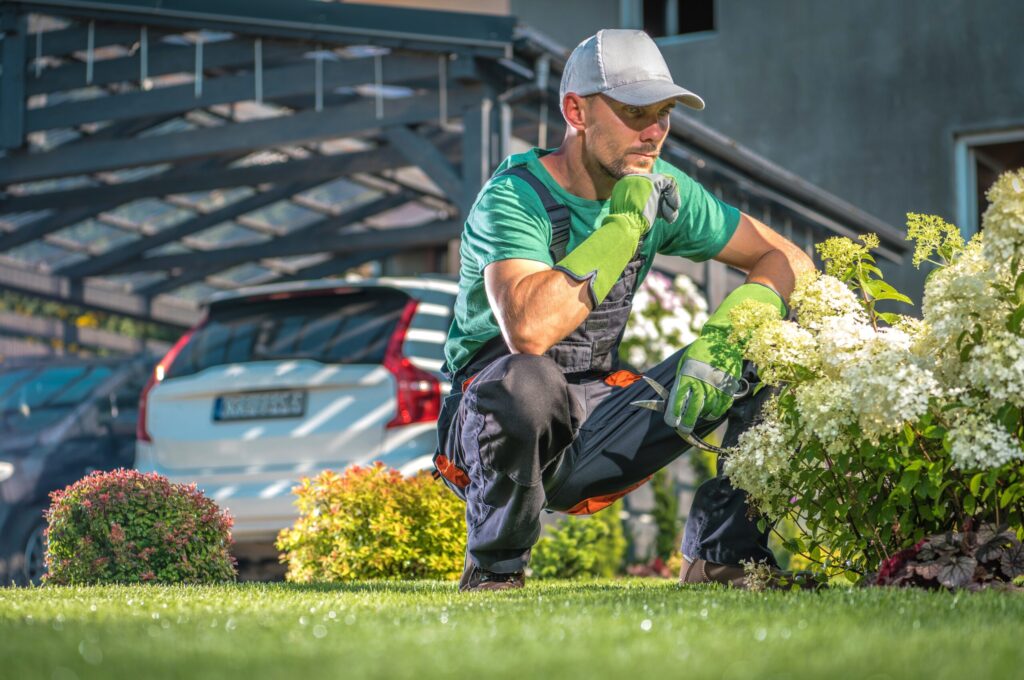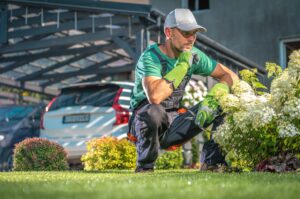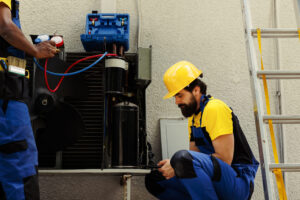Your Guide to Home Maintenance and Repairs
Regular home inspection, maintenance, and repairs are essential components of homeownership. These activities are key to creating a safe and comfortable space for you and your family. Ignoring these tasks can lead to large repair bills and a decrease in your home’s value. Below, we’ll delve into the importance of home maintenance, essential tasks every homeowner should know, and tips for conducting your own home inspection.
Understanding the Importance of Home Maintenance and Repairs

One cannot overstate the importance of regular home maintenance and repairs. It’s not only about keeping your home visually appealing but also about ensuring it remains a safe and comfortable place to live. Regular maintenance can prevent major problems down the line, which can save you from huge repair costs.
Inadequate maintenance can lead to structural damage, which can affect the value of your home. Home repairs are thus essential in preserving and enhancing the value of your property. Home repairs such as a properly thorough toilet clog cleaning can return your home to its original state. You would do well to look further into Austin toilet clog cleaning. With a professional service involved, you’ll be able to rest easy knowing that your home is running efficiently.
Lastly, routine maintenance and timely repairs may extend the lifespan of various components of your house. Whether it’s your HVAC system, roof, or plumbing, everything has a lifespan, and regular upkeep can prolong their efficient operation.
Essential Home Maintenance Tasks for Every Homeowner
Every homeowner should prioritize a few essential home maintenance tasks. Regular cleaning, for instance, prevents dirt buildup, which can cause more severe issues like mold and pests. Regularly check your HVAC system to ensure it functions optimally, providing adequate heating and cooling.
Many homeowners also opt for plantation shutters to control light entering their space, preventing sun damage on flooring and furniture while promoting energy efficiency. You can find great professional resources through this outlet that provides some of the best shutters Dallas TX has to offer.
Lastly, pay attention to your exterior. This includes everything from your lawn and garden to the siding of your home. Well-maintained exteriors not only boost curb appeal but also provide the first line of defense against the elements.
Common Home Repairs You Should Know How To Do
Some basic home repairs every homeowner should know how to do include fixing leaky faucets, patching up drywall, and unclogging drains. Understanding these fixes allows you to quickly address issues as they arise, preventing further damage.
Knowing how to replace light fixtures and install window treatments, such as blinds or curtains, can enhance the aesthetic appeal of your home. Repairing loose floorboards and re-caulking your bathroom are among other simple tasks every homeowner should know how to do.
Furthermore, knowing how to perform these basic repairs equips you with the knowledge you need to assess the quality of work completed by professionals. This puts you in a better position when hiring contractors and ensures that you get your money’s worth.
Tips for Conducting Your Own Home Inspection

Conducting your home inspection is a beneficial skill that can save you money while preventing minor issues from turning into major problems. Begin by checking the exterior of your home for signs of damage or wear and tear. This includes roofs, walls, windows, and doors.
Inside the house, check for visible signs of water damage. You’ll also want to keep an eye out for uneven flooring, and proper operation of windows and doors. Pay special attention to kitchens and bathrooms, as these areas are particularly prone to water-related issues. Remember, conducting your home inspection is primarily about spotting issues early, not diagnosing complex home systems.
Choosing the Right Tools for Home Maintenance and Repairs
You must have the right tools to efficiently carry out maintenance tasks and minor repairs around your home. Start with a basic toolkit that includes a variety of screwdrivers, a hammer, measuring tape, a set of pliers, and a utility knife.
Over time, you might want to invest in a cordless drill, a quality set of wrenches, a flashlight for inspecting dark spaces, and safety gear like goggles and gloves.








